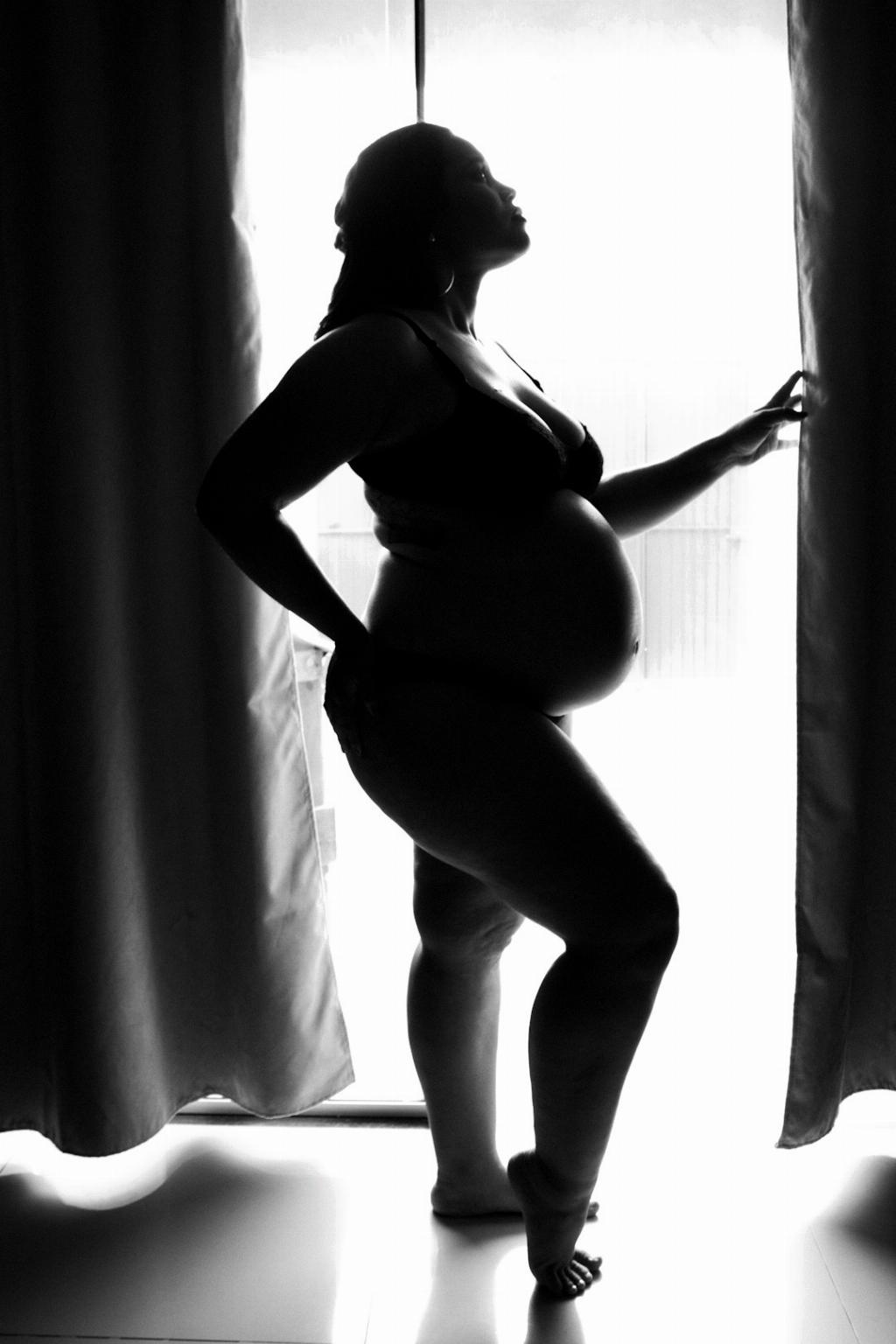Being pregnant is a beautiful and transformative experience, but it also comes with a host of responsibilities, one of which is staying adequately hydrated. Proper hydration is crucial during pregnancy, as it not only ensures the health and well-being of the mother but also plays a vital role in the development of the baby. So, the burning question remains – how much water should you be drinking while pregnant?
The general consensus among healthcare professionals is that pregnant women should aim to consume 8 to 12 cups of water daily, which roughly translates to 64 to 96 ounces. While this may seem like a lot, remember that your body is working overtime to support both you and your growing baby, making hydration a top priority.
Water is not just a simple beverage; it is a powerful elixir that plays a multitude of essential roles in the body. For expectant mothers, water aids in digestion, helps form the amniotic fluid that surrounds the fetus, and facilitates the circulation of nutrients throughout the body. Additionally, staying hydrated ensures that waste products are effectively flushed out, keeping both mom and baby healthy.
Dehydration is a serious concern during pregnancy and can lead to a host of complications, including urinary tract infections, preterm labor, and even neural tube defects in the baby. Therefore, it is paramount to make a conscious effort to sip on water throughout the day and keep those hydration levels up.
One easy way to gauge your hydration status is to pay attention to the color of your urine. Clear or pale yellow urine is a good indicator that you are adequately hydrated, while dark yellow or amber-colored urine may signal dehydration. So, keep an eye on the toilet bowl – your body is giving you valuable clues!
Remember, not all fluids are created equal. While it’s tempting to reach for sugary drinks or caffeinated beverages, water should always be your go-to source of hydration during pregnancy. It’s calorie-free, sugar-free, and won’t leave you feeling jittery or anxious like caffeine can. Plus, it’s readily available and easily accessible, making it the perfect choice for moms-to-be on the go.
Hydration needs can vary from person to person, so it’s essential to listen to your body and adjust your water intake accordingly. If you live in a hot climate, exercise regularly, or have a history of kidney problems, you may need to drink more water than the average pregnant woman. Ultimately, trust your instincts and drink when you’re thirsty – your body knows best!
For those who struggle to meet their daily water intake goals, incorporating water-rich foods into your diet can be a game-changer. Fruits like watermelon, strawberries, and oranges are not only delicious but also pack a hydrating punch. Additionally, soups, stews, and smoothies can also contribute to your overall fluid intake, making hydration a tasty affair.
It’s important to note that overhydration can also be problematic during pregnancy, so be mindful of striking a balance. Drinking excessive amounts of water can dilute essential electrolytes in the body and lead to a condition known as hyponatremia. If you have concerns about your fluid intake, don’t hesitate to reach out to your healthcare provider for personalized guidance.
In conclusion, the importance of staying hydrated during pregnancy cannot be overstated. Water is a vital nutrient that supports the health and well-being of both mother and baby, making it essential to prioritize hydration throughout the entire journey. By aiming for 8 to 12 cups of water daily, listening to your body’s cues, and choosing water-rich foods, you can ensure a happy and healthy pregnancy for you and your little one.

